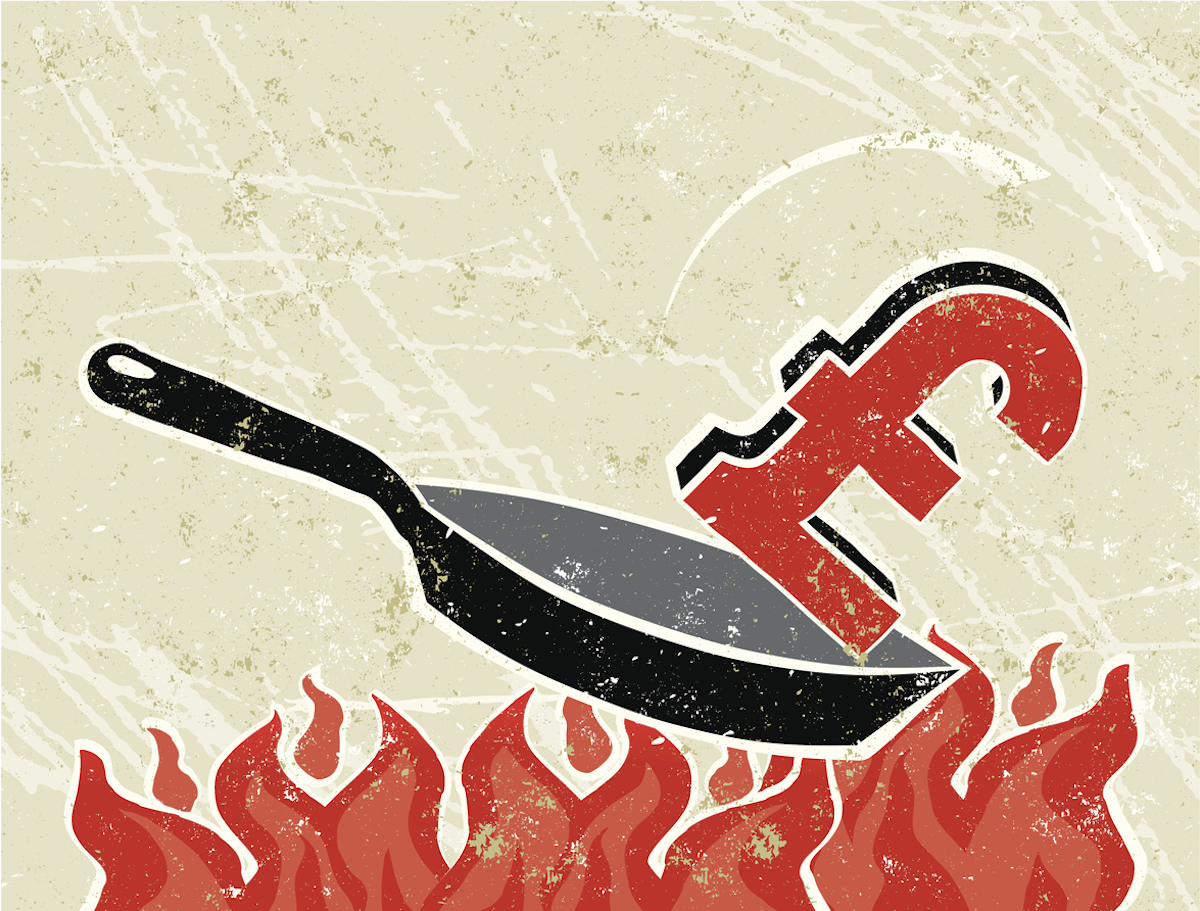A week in news: HFSS ad ban pushed back again – the latest food and drink headlines 12-16 December

Advertising bans on junk food have been a hot topic in the news this week. The UK Government announced a second delay to the implementation of the pre-watershed HFSS advertising ban it has been promising for several years – while Dutch lawmakers look set to push ahead with their own legislation against marketing unhealthy food to kids.
Elsewhere, the ONS revealed November was another record-breaking month for grocery inflation – sustaining worries that low income households are being priced out of nutritious and varied diets. In the same vein, one organisation has also called on the Government to begin offering support to the hundreds of thousands of migrant families in the UK, who have poor food security.
These were the biggest food news headlines of the week.
Government delays HFSS advertising ban
The Government announced the news this week that it would delay the pre-watershed ban on TV and online advertising for food high in fat, salt and sugar (HFSS) to 2025. This marks the second time the ban has been pushed back.
The delay has drawn much criticism from public health campaigners, with some saying it will mean the most deprived communities in the UK will continue to be drawn towards unhealthy food. Find out what has been said.
Grocery inflation hits highest level since 1970s
Prices for food and non-alcoholic beverages rose 16.5% in the 12 months leading to November 2022, the Office for National Statistics reported this week. The figure represents a sixteenth straight month of increases, and is the highest seen since 1977.
Overall inflation decreased during the same period, decreasing to 10.7% from 11.1% in October, prompting slim hope that the worst of the cost of living crisis could soon be over. However, Food and Drink Federation CEO Karen Betts warned that the withdrawal of Government energy prices support for businesses next year could renew pressure on food prices.
“The withdrawal of support will undoubtedly put further pressure on food and drink prices. There also remain low-cost and high-impact measures government could take to reduce unnecessary regulatory burdens on businesses in our sector, which would help curb inflation too,” she said in a statement.
Government to scrap traineeships programme in 2023
The Government is to stop offering its traineeships scheme from next August following several years of low start rates, Skills Minister Robert Halfon confirmed this week. Traineeships are skills development programmes which include a period of work experience, targeted at 16 to 24-year-olds.
The scheme has been running since 2013, but has seen low interest for a number of years. During the 2021/22 period, the Government drastically missed its target of running 43,000 traineeships, with just 15,000 new starters recorded. See how industry has reacted to the news.
Healthy Start benefits must be rolled out to migrants to stop ‘prolonged misery’
The Food Foundation released a report this week which urged the Government to make Healthy Start food vouchers available to migrant families. Data from Citizen’s Advice, cited by the Food Foundation, shows that nearly 1.4 million people, including 175,000 babies and children, are affected by an immigration policy that puts many at greater risk of food poverty.
Under current law, migrants have ‘no recourse to public funds’, which includes most benefits. The Food Foundation report says this leaves families at risk of long-term destitution. The organisation says urgent action is needed to tackle the ‘prolonged misery’ caused by the lack of a reliable safety net and legal access to work, and that access to Healthy Start food vouchers is an important step in this process.
Univar and Kalsec announce distribution partnership for natural ingredient solutions in UK and Ireland
Univar BV – a subsidiary of speciality ingredients and chemicals company Univar Solutions – has made an exclusive agreement with natural ingredient solution provider Kalsec, to enable the distribution of Kalsec’s products in the UK and Ireland.
Kalsec’s natural taste and sensory, colours and food protection ingredient solutions will be available for use in savoury applications in both countries through the deal. Learn more about the agreement.
The Netherlands pushes ahead with plans for HFSS advertising ban for kids
While UK lawmakers announced news of a delay to their promised HFSS food advertising ban, Dutch equivalents announced they were pushing ahead with their own such measures. The legislation would ban the advertising of unhealthy foods to under-18s in the Netherlands, and give municipal governments the power to refuse new fast food outlets opening in their area.
Food manufacturers in the country were previously expected to voluntarily reduce their marketing of unhealthy food towards children. However, efforts of self-regulation have “not worked well enough”, according to a recent statement from Dutch State Secretary of Health, Welfare and Sport, Maarten van Ooijen. Learn more about the Netherlands’ plans.
Exeter Council votes to promote more plant-based food options in the city
Councillors in the southwest city of Exeter have supported a motion to promote plant-based diets as a healthy solution for people and the planet.
The main tenets of the motion include a transition to plant-based catering for all internal council meetings and events, and ensuring plant-based options are available and clearly signposted as part of the regular catering offering at all council-run external sites – such as leisure centres, cafes and restaurants. Find out what else the council has promised.
And finally…Getir buys quick grocery delivery competitor Gorillas
Turkish rapid delivery start-up Getir has bought its German rival Gorillas in a $1.2 billion deal which will see the two companies merge. The deal comes as both companies fight to stay afloat. Earlier this year, Gorillas withdrew its services from several regions in the UK, including Manchester and Nottingham, while Getir’s new restructuring plan meant it had to put some of its stores into ‘hibernation’.
Both companies laid off thousands of workers in 2022. Other start-ups in the sector have also struggled this year, with Weezy, Cajoo, Fancy, Dija, and Blok having all been acquired by larger European competitors. Explore how the deal hopes to save both companies.








